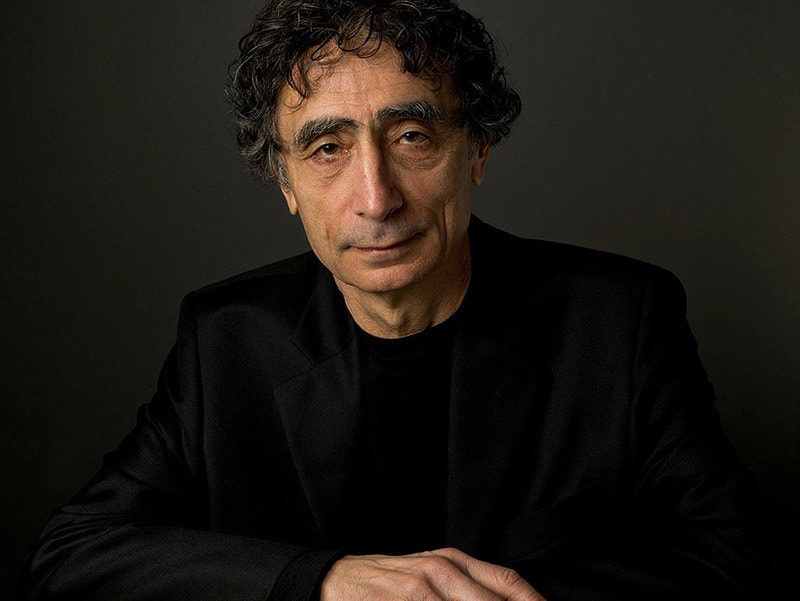|
I watched the recent film featuring the astounding Dr Gabor Maté. It’s called The Wisdom of Trauma (www.thewisdomoftrauma.com). It shows vividly how much dysfunctional human behaviour is explained by early childhood trauma. You don’t have to look very far, for instance, into any prison population to see how clearly this is true or to see what poor mental and physical health so many of these prisoners have. As a coach you may want to take one of the many Adverse Childhood Experiences questionnaires to assess your own past. Here is one helpful article which also contains a questionnaire: Abuse, neglect, alcoholism – they’re all here. I took the questionnaire myself and my score was zero. This was not a surprise. I had loving parents who stayed together, I was an encouraged and cherished only child. I passed smoothly through the post WW2 education system, all of it free. Yet I have only recently understood that trauma has touched me too. My parents’ lives had been blighted by war, poverty, unemployment – and in my father’s case by a very unhappy relationship with his mother. Our small house was overcrowded and my parents had no privacy. This was because my mother’s father came to live with us and soon there was also the orphaned son of a close friend. Anger could not be expressed but it simmered away not far beneath the surface, enough to be perceptible and alarming to a child. Anxiety about security as it manifested through lack of money and questionable health was ever present and there is no way it could have bypassed me. After my father died I discovered a journal for the winter of 1947 when he wrote, ‘We don’t have enough food. Mary and I are holding back to make sure the children are not going hungry’. My role was to achieve through education what had been denied to my parents, something that they took for granted as desirable. I undoubtedly came to believe that love depended on academic achievement. I never remember being hugged or kissed and for certain I would have been left to bawl in my pram when unhappy or upset, as that was the dominant theory of childrearing at the time. These are extremely minor problems compared with having parents who abused, beat and neglected you, died, left – or who had chronic problems with depression, alcohol and drugs. Yet, as Gabor Maté, and other writers and thinkers such as Bessel van der Kolk, explain, the body remembers even when we don’t. Our neuro-physiology keeps the score. In my own case I have learnt that I must manage that drive to over-achievement. When I don’t, stress will trigger migraines, or more recently mysterious eruptions of hives and eczema. We need to beware as coaches of thinking that we are trauma-free, a wonderfully fortunate group of ‘Us’ who can gaze at ‘Them’, a traumatized population, with pity and wonder. Thank goodness that didn’t happen to us! But the chances are that something like it did happen to us, even if only glancingly. Maybe there are some wonderfully lucky people who have entirely escaped, but somehow I doubt it. As ever in coaching we start with ourselves. How far would our early experience be defining our own hot buttons? What form do these take? How might this have contributed to developing our own Survival Self? This is all part of why when coaching works it is because we are being a coach, the authentic person, not doing coaching. Photo: Gabor Gastonyi, CC BY-SA 3.0 via Wikimedia Commons AUTHOR: JENNY ROGERS
0 Comments
|
News blogArchives
May 2024
Access Octomono Masonry Settings
|
